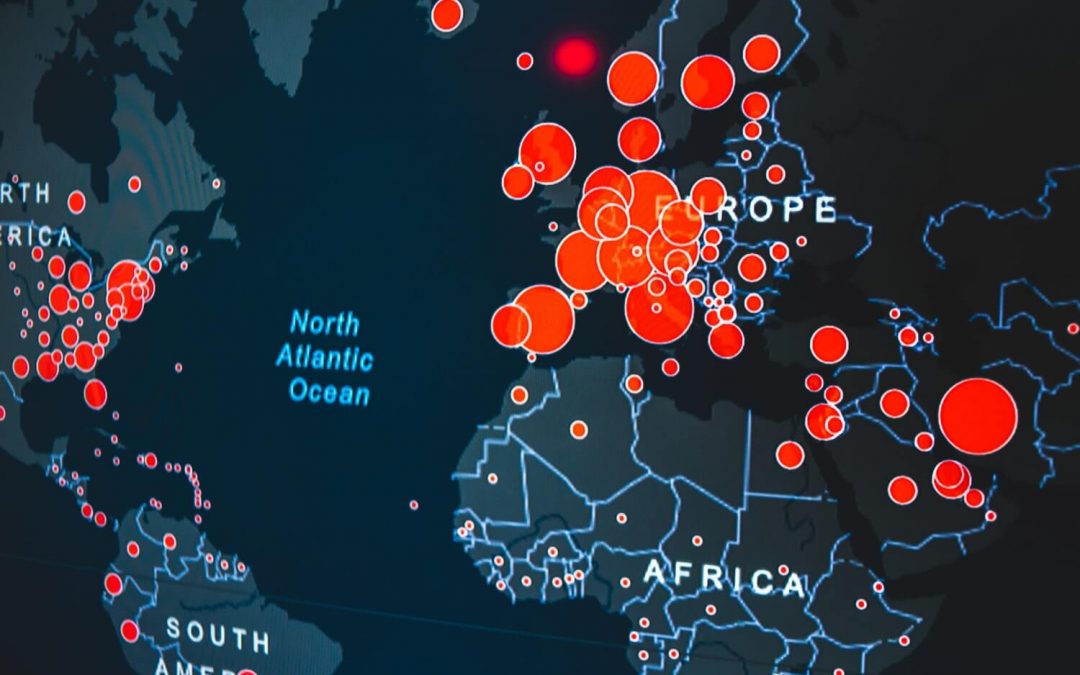(Originally written April 2020)
What should strategy managers be doing today? Is strategy relevant during the corona crisis? What is strategy responsible for at this time of greatest organizational need?
Right now, executives want rapid answers to basic operational questions. People are worried about their jobs. The planning horizon is days rather than years and it’s uncertain how long the situation will go on.
This is not the right time for formulating a strategy. Strategy relies on stability in the business environment to set objectives and prioritize investment, followed by monitoring and adaptation.
However, there is a lot that strategy managers can do to add value at the moment, based on their core skills and toolkit:
1. Analysis
Good decision making in an uncertain environment depends on comprehensive and timely analysis and synthesis of available data to produce insights. Strategists excel at this and can support operational and executive colleagues in gathering and analyzing data, for example, about the availability of global supply chains as borders are closed in various countries.
2. Options
Good decisions also depend on having well-defined problems, options, and criteria. Strategists are experts at structuring decisions and facilitating executive decision making. They have a key role to play in ensuring the quality of debate in the boardroom and accelerating response whilst preventing panic-based decisions that would handicap the ability of the business to recover.
3. Communication
Keeping stakeholders informed and motivated is a key role for leaders during a crisis. Strategists should apply their expertise in setting out corporate direction, plans and objectives to ensure there is a shared understanding about the course of action being taken, working with colleagues in other functions to get the message out.
4. Execution
Strategic priorities need to be set and then alignment established between functions and divisions to ensure effective execution. Strategists know how to develop and deploy scorecards and strategy execution frameworks, define and oversee programs of initiatives, and track performance. They can equally well do that in the crisis response room.
5. Mission and Values
The strategy officer has accountability for upholding the mission and values of the enterprise through the crisis and ensuring that key decisions are tested against these. This is critical to ensuring shared identity during the crisis and providing continuity into recovery. For example, environmental principles that underpin the license to operate can’t be cast aside.
Strategy needs to step forward in a crisis. The business needs the strategic capabilities and frameworks of strategy management. This is a compressed version of strategy business-as-usual requiring exceptional pace and assertiveness from strategy managers, but there is no alternative.

